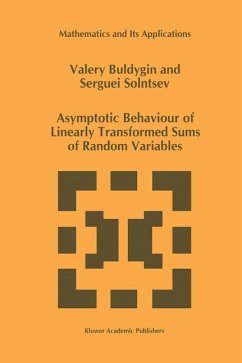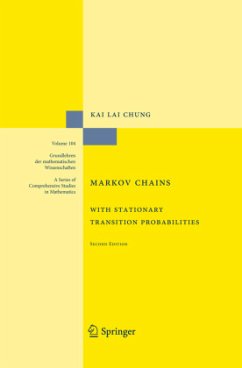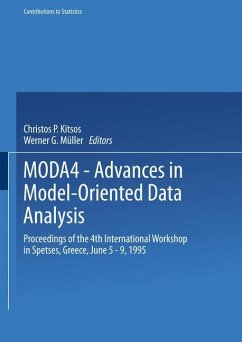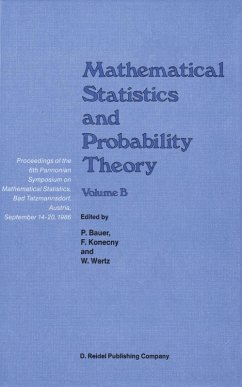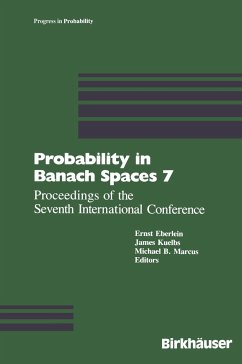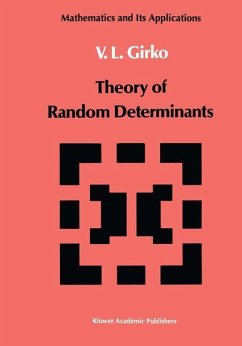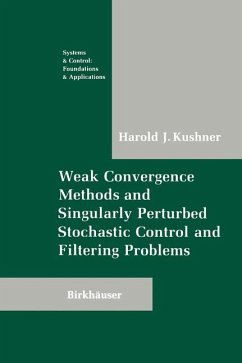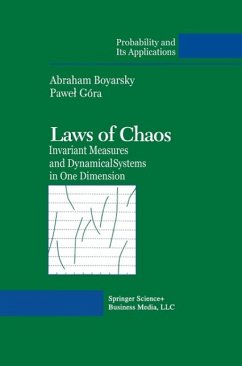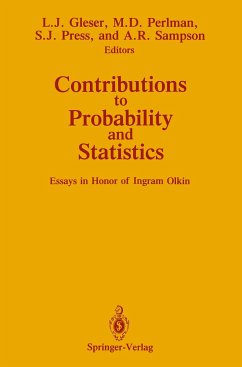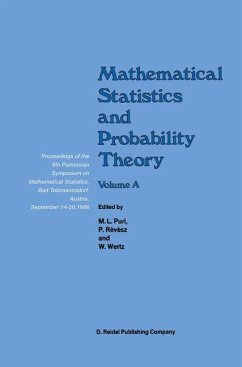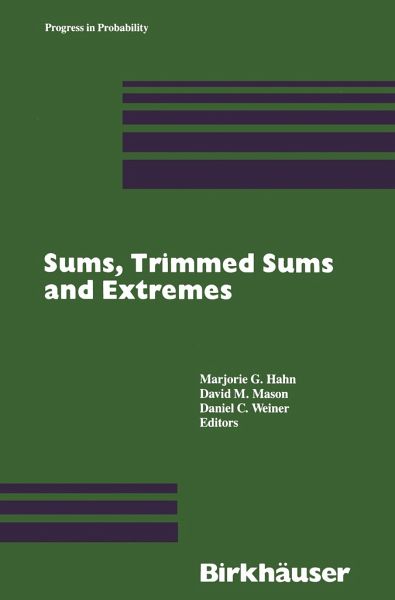
Sums, Trimmed Sums and Extremes

PAYBACK Punkte
20 °P sammeln!
The past decade has seen a resurgence of interest in the study of the asymp totic behavior of sums formed from an independent sequence of random variables. In particular, recent attention has focused on the interaction of the extreme summands with, and their influence upon, the sum. As ob served by many authors, the limit theory for sums can be meaningfully expanded far beyond the scope of the classical theory if an "intermediate" portion (i. e. , an unbounded number but a vanishingly small proportion) of the extreme summands in the sum are deleted or otherwise modified (''trimmed',). The role...
The past decade has seen a resurgence of interest in the study of the asymp totic behavior of sums formed from an independent sequence of random variables. In particular, recent attention has focused on the interaction of the extreme summands with, and their influence upon, the sum. As ob served by many authors, the limit theory for sums can be meaningfully expanded far beyond the scope of the classical theory if an "intermediate" portion (i. e. , an unbounded number but a vanishingly small proportion) of the extreme summands in the sum are deleted or otherwise modified (''trimmed',). The role of the normal law is magnified in these intermediate trimmed theories in that most or all of the resulting limit laws involve variance-mixtures of normals. The objective of this volume is to present the main approaches to this study of intermediate trimmed sums which have been developed so far, and to illustrate the methods with a variety of new results. The presentation has been divided into two parts. Part I explores the approaches which have evolved from classical analytical techniques (condi tionin~, Fourier methods, symmetrization, triangular array theory). Part II is Msed on the quantile transform technique and utilizes weak and strong approximations to uniform empirical process. The analytic approaches of Part I are represented by five articles involving two groups of authors.





